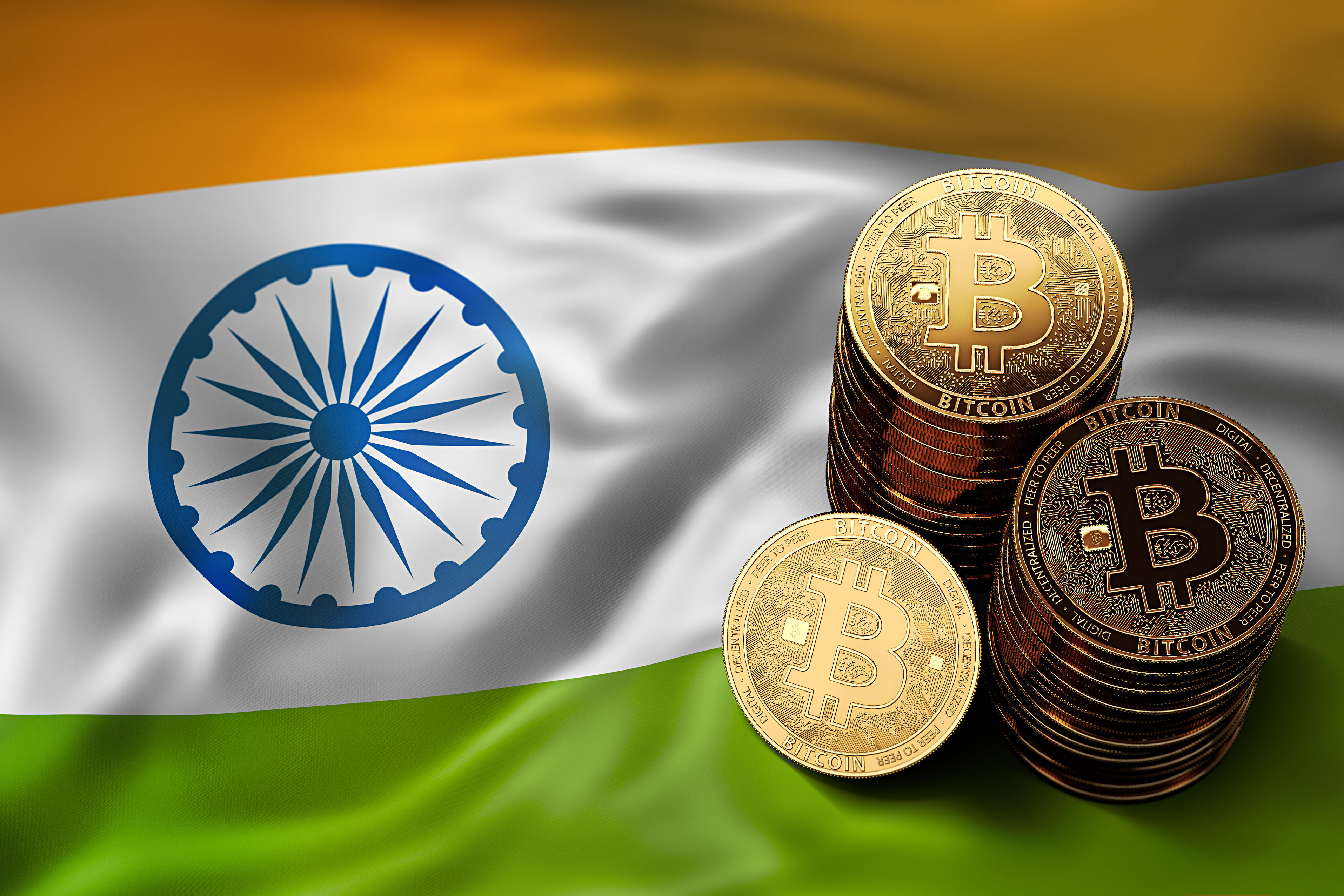
On April 1st of this year, Indians officially started paying a 30% tax on income generated through crypto transactions. Finance Minister Nirmala Sitharaman announced the new tax back in February, together with another 1% tax on crypto exchanges, which will kick in on July 1st. The impact of the February announcement was a dramatic 70% drop in crypto trading volume. At the time, Finance Secretary TV Somanathan made it clear that the official attitude to cryptocurrency earnings was the same as “Winnings from horse races, or bets and other speculative transactions”.
There were a good number of voices raised from the crypto industry in protest, one of them coming from Nischal Shetty, CEO of crypto exchange WazirX, who felt the new tax was “…poised to do more harm than good”. Others, like Lennix Lai of OKX, saw a silver lining, namely that the taxation proves crypto is considered a “Recognized tradable asset class by the regulator”. Disappointing this viewpoint later on, however, Sitharaman indicated she did not intend to bestow legitimacy on the crypto industry at all. “I don’t wait [until] regulation comes in for taxing people who are making profits,” she explained.
India’s official concerns relating to crypto since 2018 have been the dangers of money-laundering and terrorism-financing, as well as the prospect that the financial system might be undermined. Although the blanket ban slapped on crypto trading in 2018 was overturned two years later by the Supreme Court, the Reserve Bank of India (RBI) has remained uneasy about cryptocurrency ever since. In mid-May, they reiterated their worries about crypto being accepted as legal tender and bolstered them with a fresh argument, saying that the result could be the “Dollarization of a part of our economy”. Let’s look at this in more detail and delve deeper into more crypto news.
Dollarization of the Economy
In Bolivia, due to the exaggerated rate of inflation, 80% of payments are made in American currency. This is an example of dollarization: when a domestic currency is, to some extent, replaced by the US dollar. To give an idea of the extent of the phenomenon, 66% of the US dollars in the world are held outside the United States. At present, India’s level of dollarization doesn’t compare to Bolivia’s, but 86% of the country’s imports and exports are paid in dollars, despite the fact that only 5% of imports and 15% of exports involve the US.
The crypto news in the middle of May – regarding the RBI’s increased crypto suspiciousness – has to do with the central bank’s worries about a couple of possible consequences of dollarization. Firstly, if the economy becomes dominated by the use of cryptocurrency, the RBI’s monetary policies could lose their power to impact the economy, since the central bank only governs the local rupee. Speaking of the rupee, the second concern is that it will lose its value, especially in these times when inflation is so robust. Also, there is a potential loss of tax money when more and more rupees get funnelled into cryptos, which are owned by foreigners who don’t answer to Indian tax authorities.
Regulation and the Indian Crypto Sector
The Indian crypto sector itself has called for official regulation during the rapid acceleration in crypto use that has taken place in the last few years. Five years ago, there were almost no crypto exchanges in India, but by mid-2022, an estimated 20 million people in the country were holding over $5 billion dollars in cryptocurrency.
In early May, the parliamentary finance committee met with spokesmen for the crypto industry in Bengaluru, who received a strong rebuke for their sole interest in emphasizing the positives of the industry. The committee told them they should come up with a clear plan of action to deal with the threats of terrorist use of digital currency and money-laundering. Later in the month, the committee heard the RBI repeat their opinion that cryptocurrencies should be banned outright.
In April Bitcoin news, the National Payments Corporation of India (NPCI) flexed its muscles against Coinbase soon after the company’s launch in the country. Coinbase said that UPI – the online payment system used locally – could be used to send money to its exchanges. The NPCI responded with a brisk denial that UPI could be used with any crypto exchange at all. A couple of days later, Coinbase users couldn’t deposit rupees into their accounts, which was a big dampener on the company’s entrance to India.
Summing Up
Despite the mushrooming interest in crypto trading in the country, it seems that Indian officials – as of the start of June 2022 – were genuinely doubtful about whether crypto should be legalized in any form. Nirmala Sitharaman has savid explicitly that the Finance Ministry is unsure “As to whether we want to regulate it to some extent or really very much or totally ban it”. Keep watching crypto news and bitcoin news updates for any changes in official sentiment on the issue.



